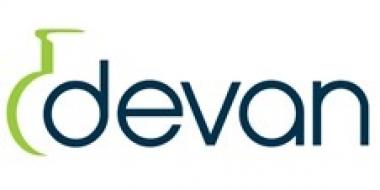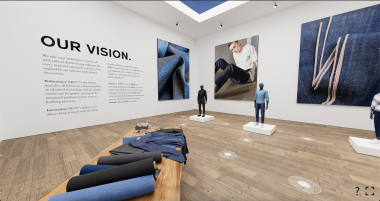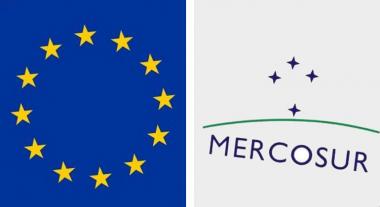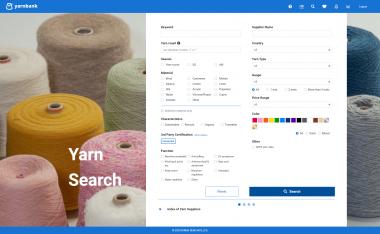Duarte will release its SS22 collection at WHITE Milano
After being rewarded with the 2021 C.L.A.S.S. Icon Award, Portuguese brand Duarte is ready to present its Spring/Summer 2022 collection developed in collaboration with C.L.A.S.S. ecohub. The streetwear designer Ana Duarte has worked in close contact with the Milanese hub in order to create a 40 pieces collection where the approach to materials, suppliers, new business models and communication could include and support a holistic view of the sustainable values aligned with style, performances, look and touch and Duarte identity.
The inspiration behind this collection is the superhero Tadao – Ana Duarte’s dog – which is the World Keeper fighting against the environmental issues mankind has generated.
With the support of WHITE and its WSM (WHITE Sustainable Milano), Duarte’s creations will be featured online on the digital space of WSM-WHITE website, as well as being shown in a dedicated physical booth on September during Milan Fashion Week. The collection will also be presented on its new brand page on Renoon, an online platform devoted to Responsible Shopping. In addition, Duarte will be supported by IDEE Brand Platform in the development of commercial activities for the SS22 collection.
C.L.A.S.S.
































